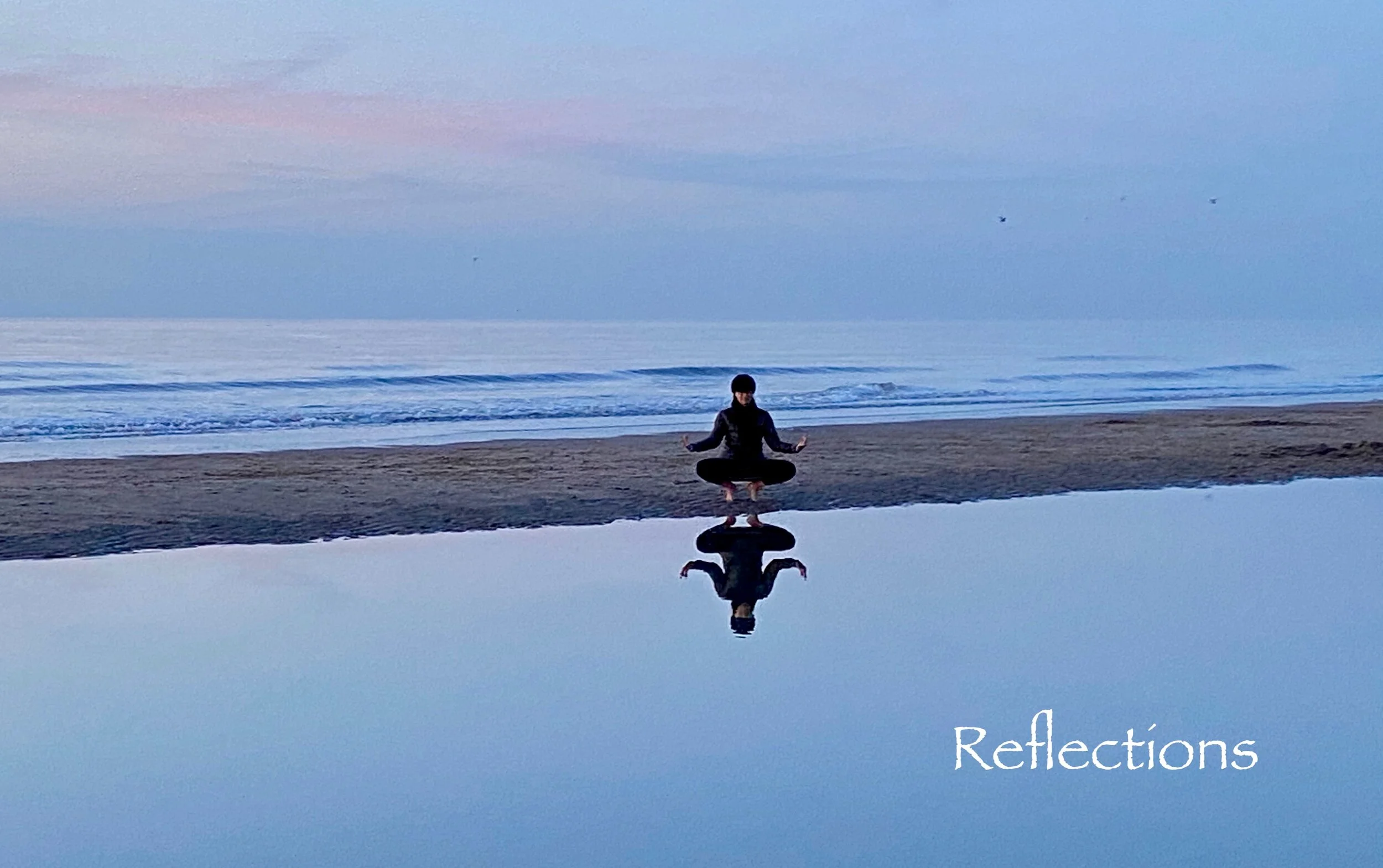According to Traditional Chinese Medicine, overwork and over-exercise can drain our vital fluids and eventually our organ systems and leave us feeling weak, tired, and vulnerable. Over time this chips away at our constitutional strength and leaves us susceptible to emotional imbalances, menstrual difficulties and chronic disease. As we become older and wiser, our body’s capacity to replenish our blood and vital fluids gradually diminishes. Excessive sweating (as with frequent intense exercise) hastens and complicates this process and can diminish our constitutional ability to maintain a healthy and active lifestyle as we age. Women are especially at risk for chronic conditions related to weakened blood and body fluids because of their unique physiology.
Of course, excessive inactivity is as harmful as anything else we do in excess, and weakens us by causing Qi, Blood and turbid fluids to stagnate and accumulate. If you don't enjoy going to the gym, then don't. But commit to some regular daily activity that engages your whole body, relaxes your mind and appeals to your senses. Try walking in nature, dancing, gardening, building a snowman….
A daily routine of moderate exercise performed at the same time every day, like regular sleep and mealtimes, helps to create a routine of self-care that your body learns it can count on. When your body recognizes that it can trust you to provide it with what it needs, then the body and mind begin to relax, organs and systems become harmonious, and life becomes less of a constant upstream effort.
Many traditional medicine texts discourage exercise during the bleeding phase of the menstrual cycle. In order for blood to flow out easily and painlessly, it is essential that the body be relaxed and adequate Qi be available in the pelvis to move the Blood. In yogic traditions, inversions (yoga poses where your hips are higher than your head) are not recommended while a woman is bleeding because the positional change can disrupt the down-and-outward flowing energy that governs the movement of menstrual blood. If you have pain or other symptoms associated with your period, it may be worth modifying your exercise routine for a few cycles to see if you notice any change in symptoms.
If you work out frequently and full-on and find yourself experiencing chronic injuries, frequent colds, poor sleep, moodiness, irritability or anxiety, feeling cold, hot flashes, menstrual difficulties or digestive issues, your exercise routine may be draining you more than it's supporting you.
Click below for a free printable handout.
Sources and Further Reading
Maciocia, G. (1998). Obstetrics & Gynecology in Chinese Medicine. Edinburgh: Churchill Livingstone.
Zhao, X. (2006). Ancient Healing for Modern Women. New York: Walker & Company.
http://www.nicholasnoblewolf.com/writings/gift_from_moon.html

